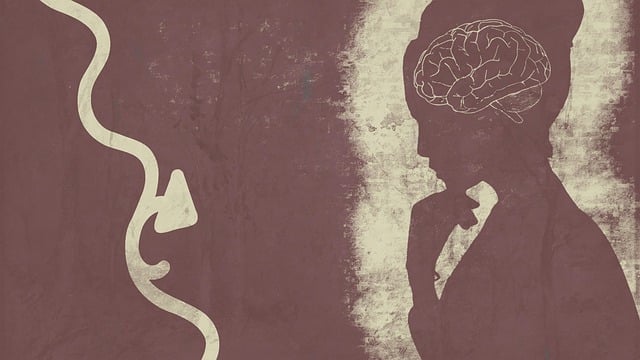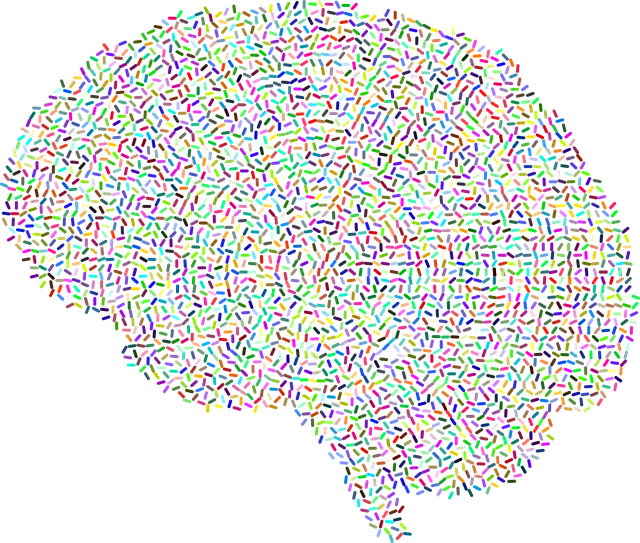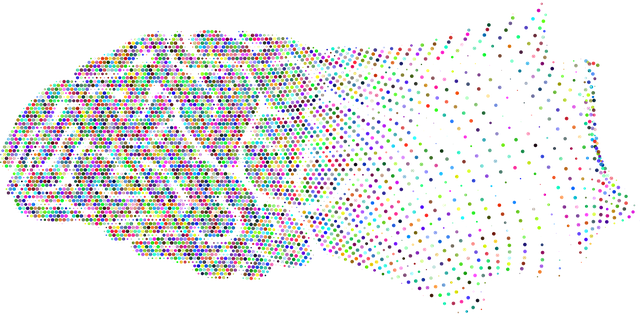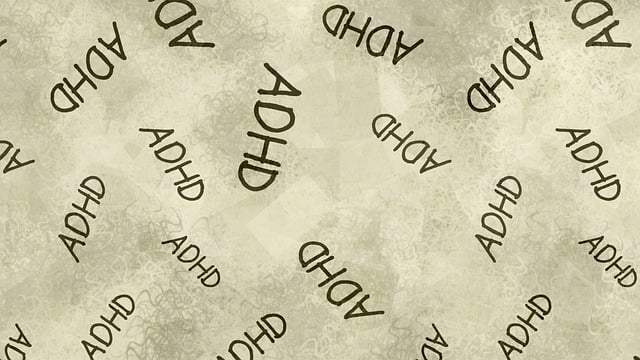Highlands Ranch Eating Disorders Therapy offers a holistic approach to recovery, combining Cognitive Behavioral Therapy (CBT), mindfulness practices, and healthy lifestyle changes. Through CBT, individuals learn to manage stress, anxiety, and depression by identifying negative thought patterns. Mindfulness techniques enhance self-awareness, helping clients recognize triggers and develop healthier coping strategies. A focus on mood regulation, balanced nutrition, and regular exercise lays the foundation for emotional well-being. The therapy center's comprehensive support system includes professional therapists, peer groups, and trauma support services, fostering lasting recovery from eating disorders.
Mood regulation strategies are essential components of recovery from eating disorders. In this comprehensive guide, we explore various techniques designed to stabilize moods and promote emotional well-being. From cognitive behavioral therapy (CBT) for rational emotion management to mindfulness and meditation for mental calmness, we delve into effective approaches. Additionally, we discuss the role of healthy lifestyle choices, including nutrition, exercise, and sleep, in securing long-term mood stabilization. For those seeking specialized support, we highlight Highlands Ranch eating disorders therapy options available.
- Understanding Mood Regulation: The Foundation of Recovery
- Cognitive Behavioral Therapy (CBT): A Powerful Tool for Emotional Balance
- Mindfulness and Meditation Techniques to Calm the Mind
- Healthy Lifestyle Choices: Nutrition, Exercise, and Sleep for Mood Stabilization
- Support Systems and Therapy Options in Highlands Ranch Eating Disorders Treatment
Understanding Mood Regulation: The Foundation of Recovery

Understanding Mood Regulation is a cornerstone in the journey to recovery from eating disorders, such as those sought through Highlands Ranch Eating Disorders Therapy. This process involves recognizing and managing emotional states effectively. By learning coping skills development techniques, individuals can navigate their feelings with greater ease. Emotional intelligence plays a pivotal role here; it empowers one to identify and understand emotions, both their own and others’, fostering healthier communication strategies.
Through these means, people begin to break free from the cycle of dysregulated moods that often underlie eating disorders. Developed emotional resilience, combined with improved communication skills, creates a buffer against negative emotional triggers. This foundational work is essential for lasting recovery, enabling individuals to engage in a more meaningful and fulfilling life.
Cognitive Behavioral Therapy (CBT): A Powerful Tool for Emotional Balance

Cognitive Behavioral Therapy (CBT) is a highly effective approach for individuals seeking to regulate their moods and gain emotional balance. This evidence-based therapy focuses on identifying and changing negative thought patterns, which in turn influences behavior and emotions. CBT empowers individuals to take control of their mental health by teaching them practical tools to manage stress, anxiety, and depression. Through this process, clients at Highlands Ranch Eating Disorders Therapy can learn to challenge distorted thinking and develop healthier coping mechanisms.
The core principles of CBT are deeply connected to the concept of mind over matter. By understanding that our thoughts significantly impact our emotional states, individuals can begin to rewire their minds towards more positive and adaptive thinking. This therapy also emphasizes the importance of mental health education programs design, equipping clients with knowledge about their mental processes and providing them with strategies to maintain long-term emotional well-being. As a result, CBT boosts confidence, enabling people to face challenges with renewed resilience and a sense of agency over their emotional lives.
Mindfulness and Meditation Techniques to Calm the Mind

Mindfulness and meditation are powerful tools for regulating mood and cultivating mental well-being. In today’s fast-paced world, where stress and anxiety often run rampant, these ancient practices offer a sanctuary of calm. Through mindfulness, individuals can learn to observe their thoughts and emotions without judgment, fostering a deeper sense of self-awareness. This awareness is crucial in Highlands Ranch Eating Disorders Therapy, as it helps clients recognize triggers and develop healthier coping mechanisms.
Meditation techniques, such as focused breathing and body scans, are effective ways to soothe the mind and reduce stress. By encouraging empathy building strategies within oneself, individuals can better navigate challenging situations and enhance their communication skills. Stress management workshops organized by local therapy centers often incorporate these mindfulness practices, providing valuable tools for managing daily stressors and promoting overall mental health.
Healthy Lifestyle Choices: Nutrition, Exercise, and Sleep for Mood Stabilization

Maintaining a healthy lifestyle is an essential component of mood regulation and can significantly impact our emotional well-being. Nutrition plays a pivotal role; incorporating balanced meals with whole foods, rich in vitamins and minerals, supports brain health and overall mood stabilization. In Highlands Ranch Eating Disorders Therapy, professionals emphasize the connection between diet and mental health, offering guidance on healthy eating habits.
Regular physical activity is another powerful tool for managing moods. Exercise stimulates the release of endorphins, often referred to as ‘feel-good’ hormones, which can reduce stress and promote a positive outlook. Moreover, it enhances cognitive function and improves sleep quality, making it an integral part of any mood stabilization strategy. The Stress Management Workshops Organization highlights exercise as a key stress reliever, aligning with the benefits observed in mental healthcare practices that incorporate cultural sensitivity.
Support Systems and Therapy Options in Highlands Ranch Eating Disorders Treatment

In Highlands Ranch eating disorders therapy, establishing a robust support system is paramount to successful recovery. This involves not only connecting with experienced therapists but also building a network of understanding and care. Family members and friends play a crucial role in providing emotional intelligence and fostering an environment that promotes healthy habits and positive body image. Support groups specific to eating disorders further enrich this ecosystem, offering peer-to-peer support and shared experiences.
Alongside traditional therapy options, trauma support services are integral for addressing the root causes of many eating disorders. Effective management of stress, through techniques like cognitive behavioral therapy (CBT) or mindfulness practices, equips individuals with tools to navigate triggers and challenges. By integrating emotional intelligence and effective stress management into Highlands Ranch eating disorders treatment, patients are empowered to overcome their struggles and achieve lasting recovery.
In the quest for emotional well-being, especially within the context of Highlands Ranch eating disorders therapy, a multifaceted approach to mood regulation is key. By combining evidence-based methods such as Cognitive Behavioral Therapy (CBT), mindfulness practices, and healthy lifestyle choices, individuals can effectively manage their moods and foster recovery. These strategies empower individuals to navigate their emotional landscapes, offering tools to enhance resilience and overall mental health. When seeking Highlands Ranch eating disorders treatment, embracing these holistic techniques can be a game-changer in achieving lasting stability and balance.














